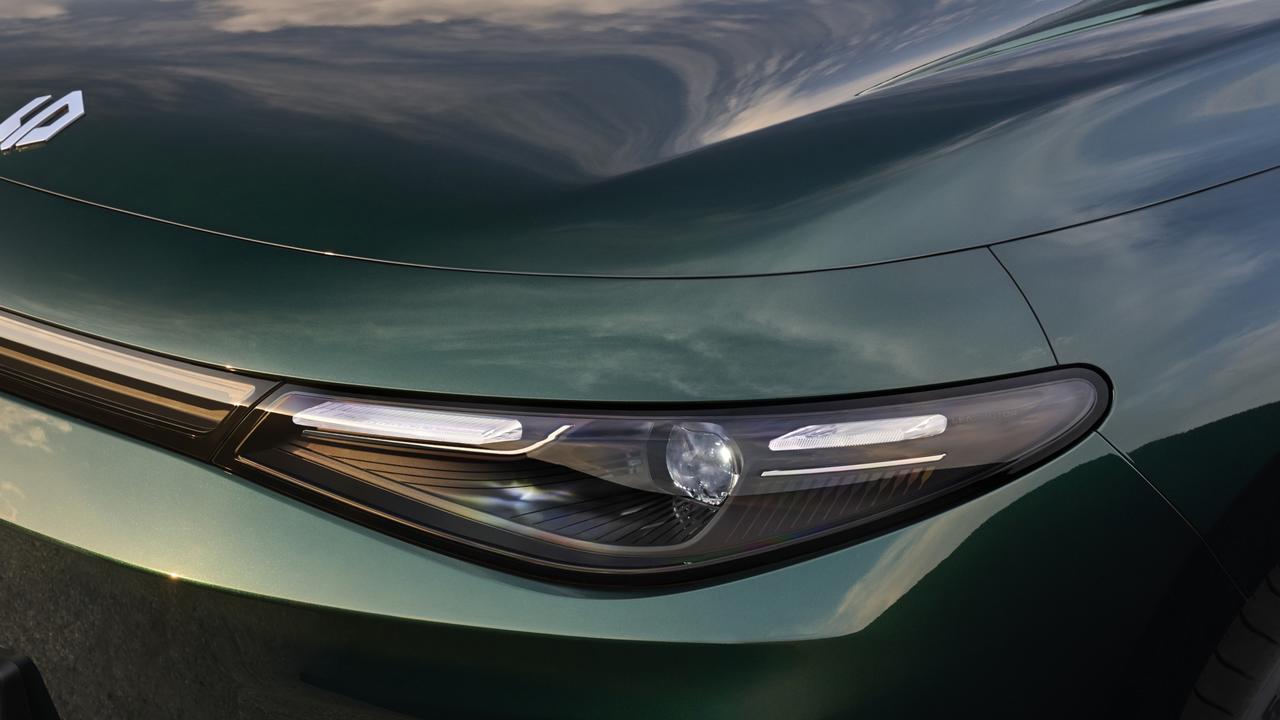Why Australian drivers can’t trust fuel efficiency claims
A popular brand has emerged victorious over one of its customers in a battle over ‘misleading’ fuel claims attached to every car sold in Australia.
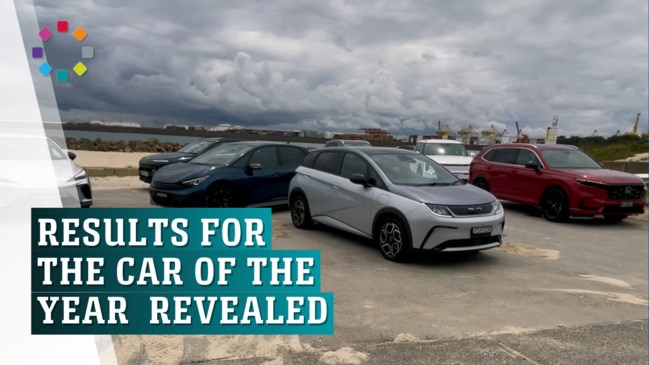
Motoring News
Don't miss out on the headlines from Motoring News. Followed categories will be added to My News.
The car industry is celebrating a High Court ruling that found unrealistic fuel economy claims made by automotive dealers and manufacturers do not breach Australian consumer law.
Every new car sold in Australia must have a sticker on the window stating how much fuel the car uses in different circumstances – on the highway, in urban environments, and a combination of both.

The figure is derived through a standard laboratory test used by all car makers, but many drivers find their car uses more fuel in the real-world than manufacturers claim in official documents.
Their complaints have been backed up by independent tests.
Victorian motorist Zelko Begovic sued Mitsubishi and Northpark, the dealer that sold him a 2016 Triton ute, arguing that fuel use 26.6 per cent higher than its claimed 7.6L/100km figure represented a breach of consumer law.
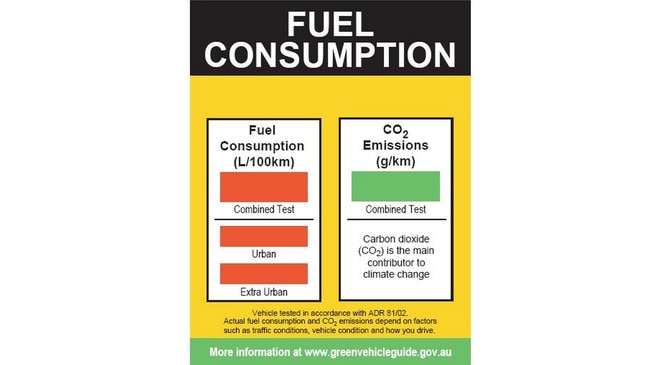
The case came after Mitsubishi found employees falsified the fuel consumption data of Japanese cars not sold in Australia.
Mr Begovic’s lawyers argued the car company and dealership engaged in misleading or deceptive conduct by misrepresenting the car’s fuel consumption.
Mitsubishi maintained from the outset it “has full confidence in the accuracy of its fuel consumption testing, which is conducted in an accredited laboratory,” the brand said in a statement.
“There are very specific government regulations that mandate how this testing is undertaken and how the result is displayed on the fuel consumption label of all new vehicles, with which Mitsubishi fully complies.”
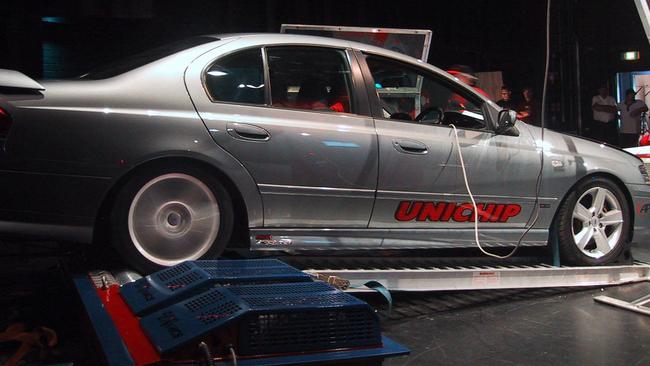
Federal Chamber of Automotive Industries chief executive Tony Weber said the judgement gave much needed clarity and certainty to the industry.
“The judgment is a victory for common sense and backs in government-mandated fuel consumption labels,” Mr Weber said.
“The High Court found that by complying with the letter of the law manufacturers are not in breach of Australian Consumer Law.”
The Federal Government’s Green Vehicle Guide states that mandatory fuel economy figures are derived from laboratory tests, and that “the purpose of the label is to provide a common basis to compare the efficiency of individual vehicle models”.
“No test can simulate all ‘real world’ conditions.”
The Victorian Civil and Administrative Tribunal sided with Mr Begovic and ordered Mitsubishi to buy back the Triton.
Mitsubishi and Northbridge appealed to the Supreme Court of Victoria, which again sided with the customer.
The case prompted Bannister Law to file a class action on behalf of thousands of Mitsubishi Triton owners.
But the High Court found today that Mitsubishi did not break the law.
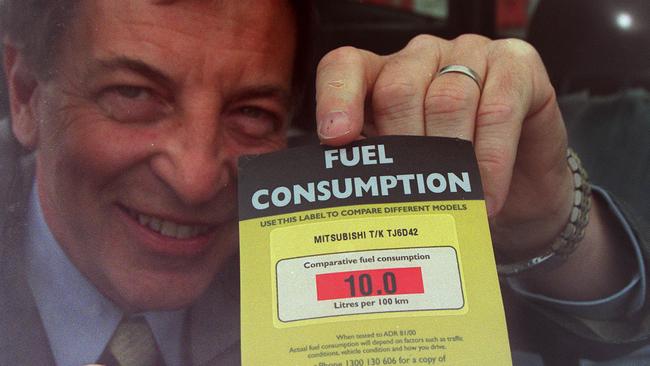
The manufacturer was found to have adhered to official standards set out in Australian laws surrounding fuel economy tests used by all car companies.
It also followed the rules by publishing those figures on the windscreen of Mr Begovic’s Triton.
Findings published by the High Court state that Mitsubishi’s fuel figures “are substantially correct, under standardised testing, for the vehicle at the time of purchase, so that comparisons can be drawn and decisions made on that basis”.
A statement released by Mitsubishi said it “welcomes the High Court of Australia’s judgment”.
“Mitsubishi Motors is committed to compliance with the law and the highest standards of ethical behaviour, and we will continue to do so,” it said.
The Australian Automotive Dealer Association welcomed the decision.
James Voortman, chief executive of the AADA, said it would “bring certainty to the process of selling new cars in Australia.
“Federal regulations require all new vehicles to be affixed with a fuel consumption label listing the results from a government-specified laboratory test. The High Court has found that by complying with the letter of the law Dealers and manufacturers are not in breach of Australian Consumer Law,” he said.
“This is a victory for common sense which will allow Australian Dealers and manufacturers to continue to service the needs of their customers without fear of inadvertently breaching the law.”
Originally published as Why Australian drivers can’t trust fuel efficiency claims


